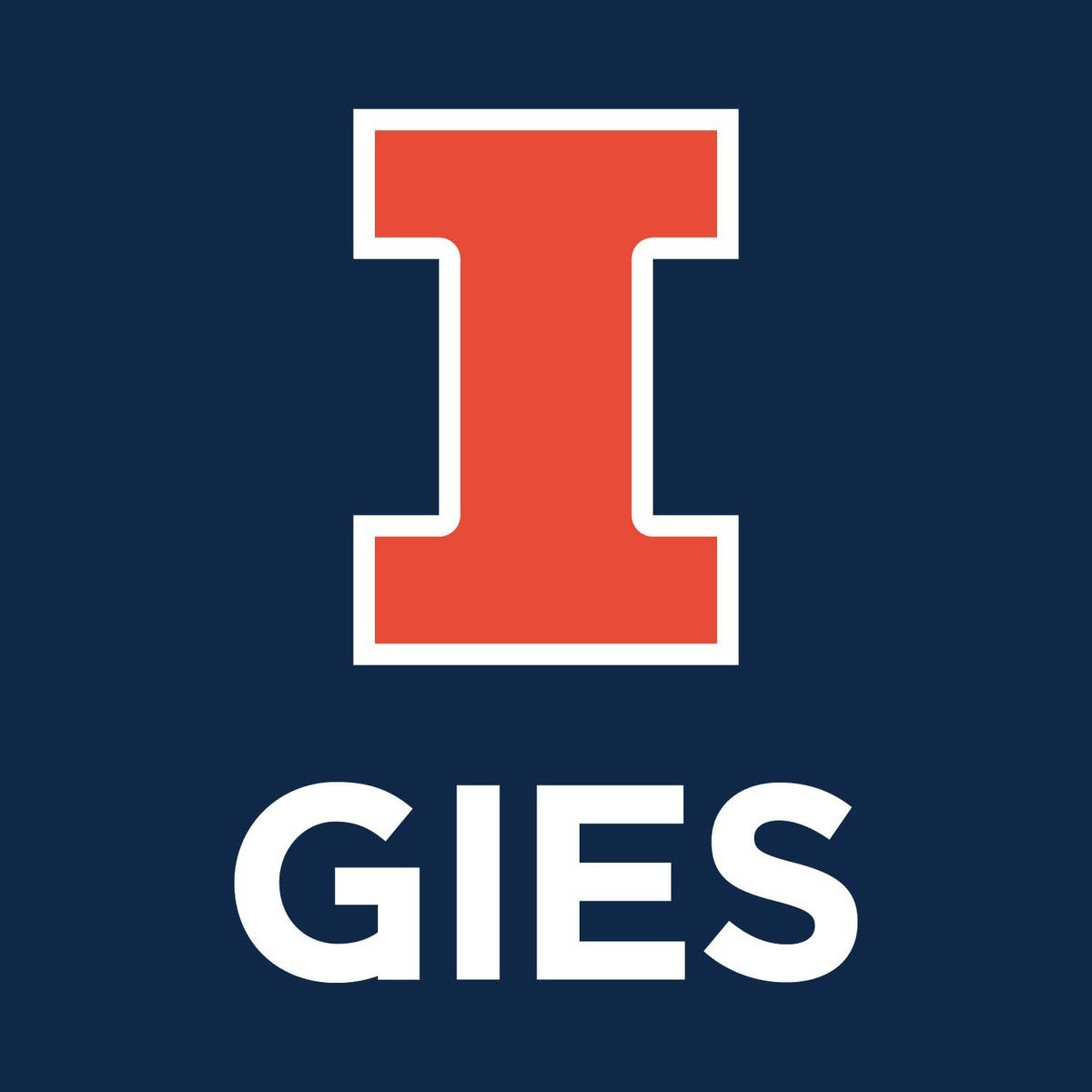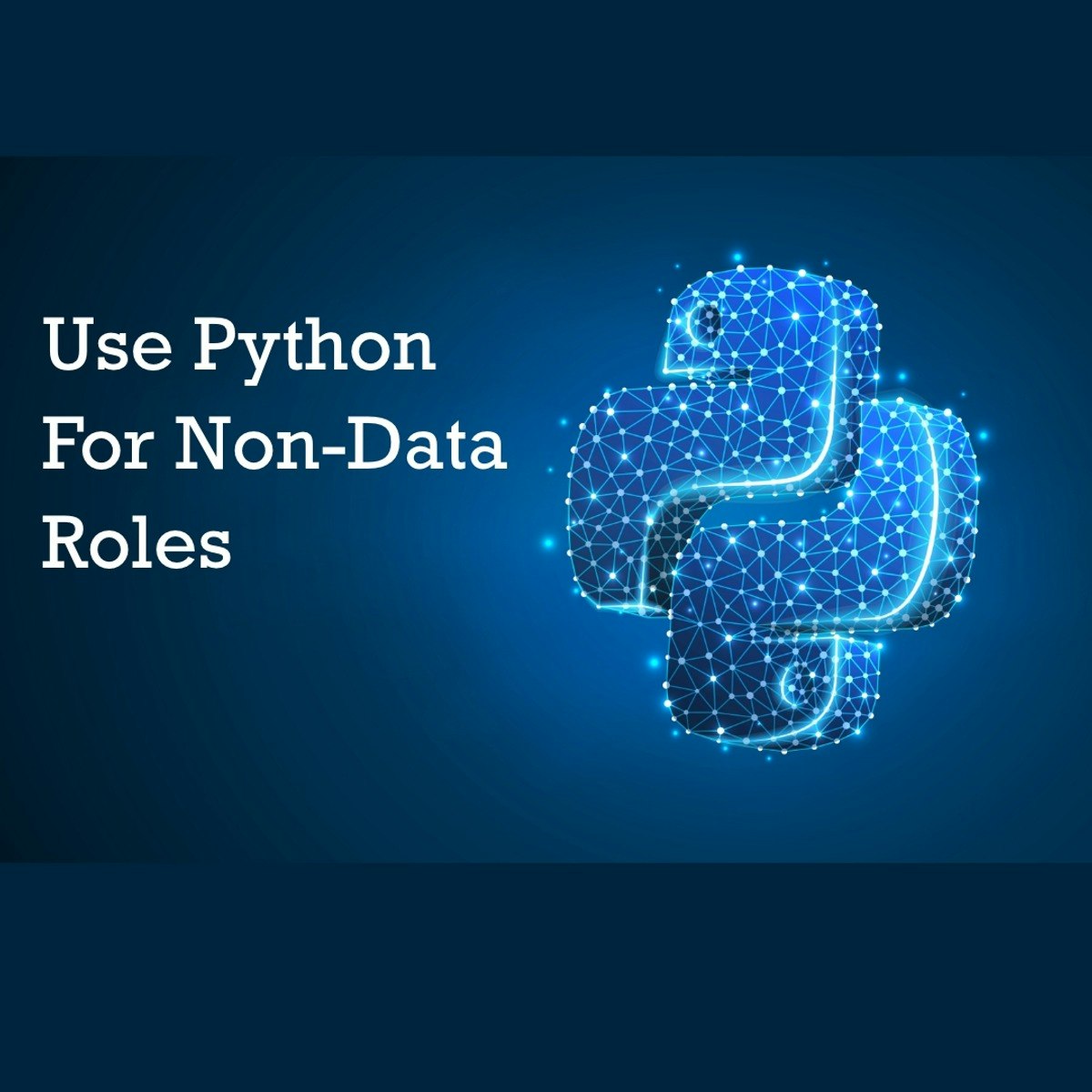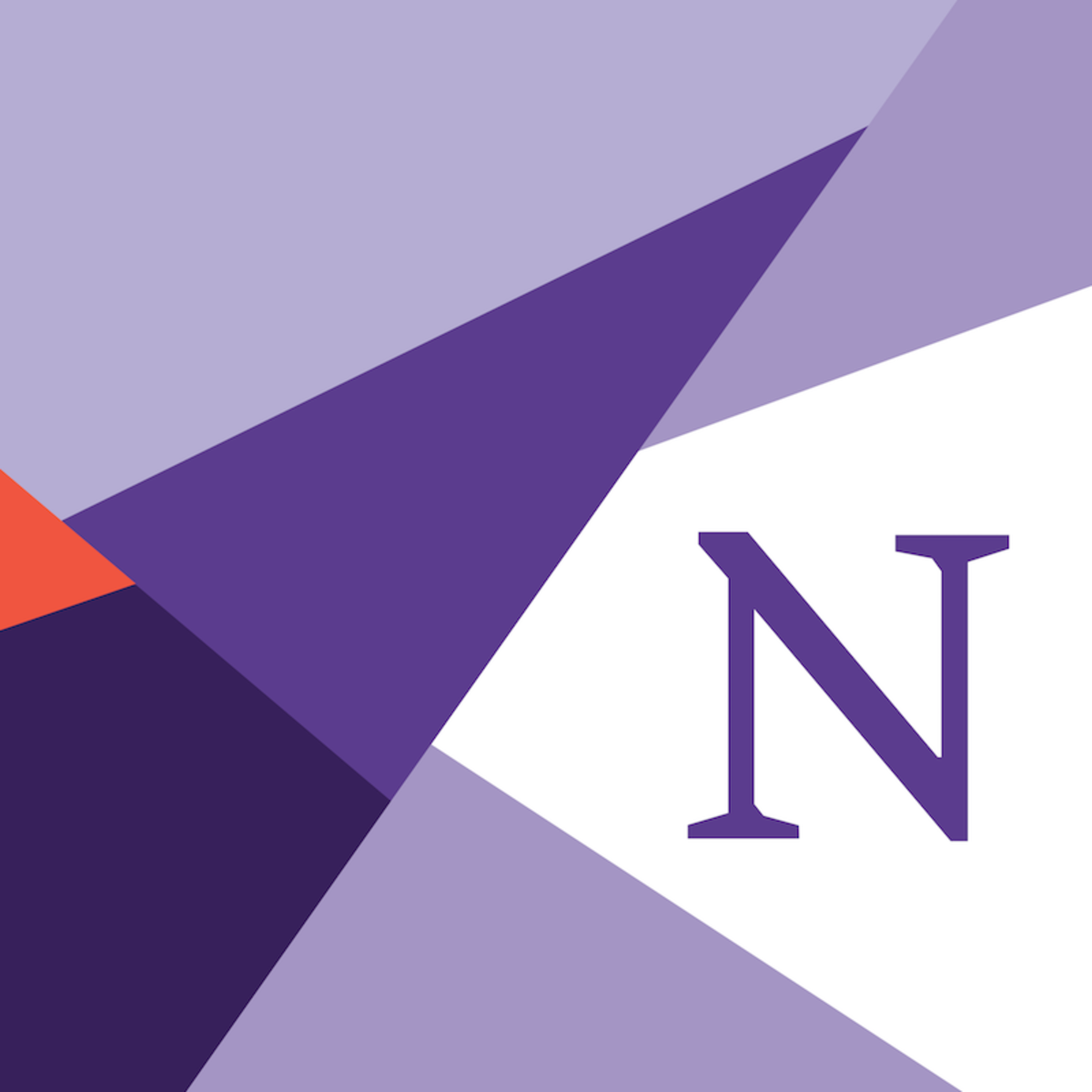Back to Courses









Business Strategy Courses - Page 25
Showing results 241-250 of 543

Business Growth Strategy
Get the tools you need to analyze, evaluate and recommend specific actions organizations can take to grow their value and avoid common growth pitfalls. In this course, developed at the Darden School of Business at the University of Virginia and taught by top-ranked faculty, you will learn to determine how best to build value, whether by scaling existing markets, entering established markets or creating new markets through innovation and acquisitions.

Analyzing Digital Transformation Canvas for Competitiveness
By the end of this guided project, you will be able to use the Digital Transformation (DT) Canvas to position your organization for competitiveness. Digital transformation is the integration of digital technology into business processes to fundamentally change how an organization operate and deliver value to customers. The Digital Transformation Canvas help you think through the implications of digitalization by analyzing the business processes to focus, the technologies to use, as well as the value to create for the business and customers. The canvas is comprised of ten blocks, with each block providing analysis and insights on how to use the model to achieve the strategic goals of transformation.
For us to practically demonstrate how to use the Canvas to conduct analysis and make strategic decisions, we will use a spreadsheet to analyze a Fintech startup company as a case study. Example of the case study would empower you to apply the model to your company or any other company of your choice. The project is for business leaders, strategist, technologist, startup founders, and innovation professionals that want to compete with digitalization. At the end of the project, you will be able to use the canvas to determine your competitiveness in the digital world

Developing an Agile Team
Now that you have undergone personal information, you will be better prepared to empathize, understand, and mentor individual members of your team on a similar journey. Leading teams towards change-resilience is not as simple as knowing and understanding the psychology of individuals multiplied by a number of team members. It requires a different approach.
In this course, you will learn what influences human behavior in teams by looking at social psychology. You will evaluate your team’s level of change resilience and agility, and you will be applying practical tools for building Agile teams by applying Scrum project management framework.
You won’t stop there, you will learn how to be a servant leader. You will learn practical tools for organizing, leading, and facilitating a Scrum team.
Parts of the content are written from a Scrum Master perspective, and even though you will not be able to use it as a Scrum Master certification, I will be sharing tools and best practices learned through my own experience of being a Scrum Master.

Global Marketing: Building Iconic Brands
Global Marketing: Iconic Brands uses the cultural frameworks introduced in Global marketing: Cultural Frameworks to guide the process of crafting a culturally focused marketing plan for a global expansion. The course introduces the key steps for developing a global marketing plan, starting with an environmental analysis of the new markets to be developed, which provides insights into the cultural preferences of target consumers in these new markets.

Build a Lean Workflow with Kanban Frameworks in Miro
By the end of this project, you will be able to build a lean workflow applying the Kanban method to support efficient business process management.
To do this you will gain hands-on experience working in the Miro online visual collaboration platform for teamwork where you will leverage agile principles and the Kanban framework to produce a lean workflow.
Note: This course works best for learners who are based in the North America region. We’re currently working on providing the same experience in other regions.

Use Python for Non-Data Role
Even if you are not a person with a data specific role, knowing how to work with data is becoming a highly in-demand skill. More and more companies are collecting data, storing data, and making data-based decisions. From marketing to human resources, to finance and operations, knowing the basics of how to use a data language such as Python will make you even more desirable, valuable, and useful to your company. In this project, learners will learn how to get started with Python. They will learn how to upload Excel sets into Python; how to create lists, dictionaries, and tables; and even how to create Gantt charts with Python. This will arm people in all kinds of roles to use Python to perform data tasks.

International Business I
We live in a world of intensifying global relationships, one in which international business has become the key determinant of economic development and prosperity. This course, Global Business Environment, Part I, introduces students to a fundamental understanding of the socioeconomic political, cultural, and linguistic environment in which international businesses operate. This course utilizes an inquiry-based approach to understanding country level relationships in the Global Business Environment. It surveys the global business environment by asking and answering key questions about society, the global economy, cultures, institutions and languages. The questions we will ask are: 1. What is Globalization?, 2. Is Globalization New?, 3. How do Political and Social Institutions impact National Economic Development?, 4. What is the role of Culture?, 5. What are the Gains from Trade?6. Free Trade, Free-r Trade or Managed Trade?, 7. What are Foreign Currencies and how are Exchange Rates Determined?, 8. What does the Current Global Business Environment look like? This inquiry-based approach creates reflective opportunities for students to better understand the environment in which businesses operate. Lectures are delivered in an engaging manner, which encourages reflection and inquiry.

High Performance Collaboration: Leadership, Teamwork, and Negotiation
Are leaders born or made? Learn the essential skills to develop and expand your leadership repertoire, design teams for collaboration, and craft win-win negotiation strategies. High Performance Collaboration: Leadership, Teamwork, and Negotiation focuses on leadership, teamwork, and negotiation. Students will engage in self-assessments to analyze their leadership style, develop team charters to optimize their groups, and develop a game plan for effective negotiation.
Recurring course sessions repeat every 2 weeks on Monday with an enrollment period of 5 days.

Global sustainability and corporate social responsibility: Be sustainable
It is no longer acceptable for organisations to focus entirely on financial success if they are to be competitive on the global stage. As corporate scandals continue to make headlines, you will expand your strategic thinking beyond your organisation’s competitive financial environment to consider its broader impact on society. You will grapple with the conflicting outcomes of maximising financial return and societal impact as you develop the skills to create a balance that is sustainable. Through structured learning activities (video lectures, quizzes, discussion prompts and written assessments) you will gain an appreciation of how important sustainability will be for every organisation in the future – and how to achieve it.

Copyright Law in the Music Business
In this course taught by E. Michael Harrington, students will learn the basis for copyright including what is and is not covered by copyright law. This course will help clarify what rights artists have as creators as well as what the public is free to take from their work. Students will also learn what to do if someone copies their work and what to do if they are accused of copying someone else. Finally, the course will discuss how technology has changed copyright for the better (and worse) and how copyright laws may change in the coming years.
Popular Internships and Jobs by Categories
Browse
© 2024 BoostGrad | All rights reserved


